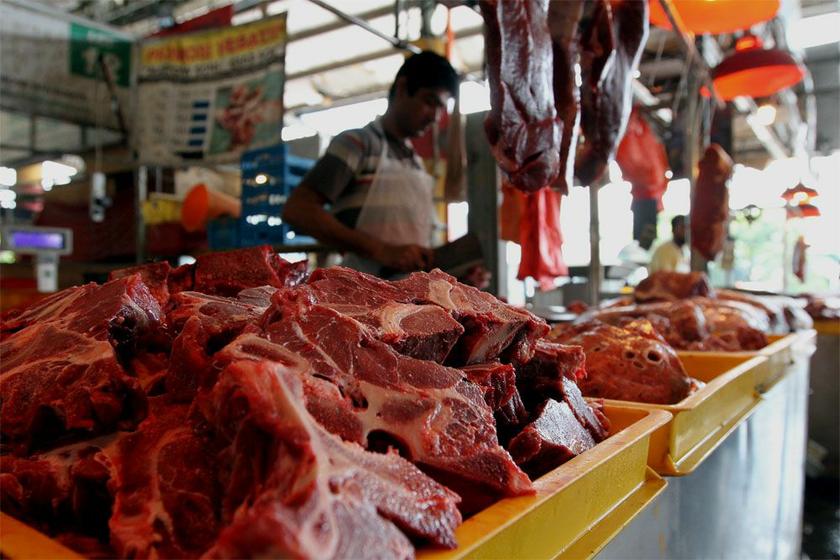KUALA LUMPUR, Dec 18 — Malaysia’s federal Islamic religious authority assured Muslims here today they need not fear eating haram imported beef, saying that the country does not receive goods from a US company recently charged over non-compliance of halal standards.
Hakimah Mohd Yusoff, director of the Malaysian Islamic Development Department’s halal hub division, clarified that Iowa-based Midamar Corporation is not an exporter certified by the local regulators.
The US firm came under fire for flouting Islamic religious practices in its sale of beef worth at least US$4.9 million (RM17.11 million) to Malaysia and other countries, according to a report yesterday.
“Only plants approved and listed by DVS are allowed to export to Malaysia… Midamar Corporation’s processing plants are not part of the export firms authorised by DVS and hence, it is not allowed to export meat into Malaysia,” Hakimah said in a statement, using the abbreviation for the Department of Veterinary Services.
She stressed that Malaysia has imposed stringent regulations on the red meat exported to the country and among others, the slaughterhouses and processing plants must abide by the halal standards and adhere to the Malaysia Protocol for Halal Meat.
Foreign slaughterhouses and processing plants are also monitored by the DVS, which conduct routine checks to ensure sanitisation standards are also met, according to the statement.
In a report yesterday, newswire service Associated Press cited US prosecutors saying Midamar has been persistently putting on false labels and supplying what it fraudulently claimed to be beef slaughtered according to halal standards to Malaysia, Kuwait, the United Arab Emirates and other countries.
However, the company’s directors - Jalel and Yahya “Bill” Aossey - pleaded not guilty, on Monday, to the charge of conspiracy to make and use false documents, selling mislabelled meat and carrying out mail and wire fraud.
While Midamar’s subsidiary Islamic Services of America is certified as a foreign halal body by Jakim, Hakimah said the certification does not mean the company has “automatic approval” to export its meat and meat-based products.
“Therefore, this problem has only occurred in other countries. Malaysians do not need to be concerned on the status of imported halal products,” said Hakimah
“These products strictly controlled at every entry point by the relevant agencies in the country,” added the Jakim director.
Malaysia’s beef imports went by by more than 10 per cent at 85,000 tonnes last year, compared to 77,000 tonnes in 2012.



















